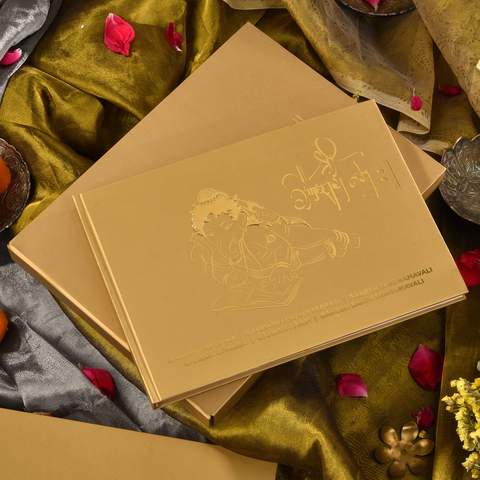Guru Purnima is a celebrated day in India where people worship their gurus or teachers. In Sanskrit, Guru literally means ‘dispeller of darkness.’ A guru is thus a mentor, guide or person with a certain knowledge. The reference to a guru is found in the earliest texts in Hinduism. The gurukul or school run by a guru were centres of imparting knowledge of the Vedas, Upanishads and other important texts.
Over the years, the term guru has become symbolic of any person who guides his pupils or disciples onto the path of spiritual liberation and provides them with knowledge on a variety of subjects.
Guru Purnima falls on a full moon day. It is believed that these days have the power to make the mind more focused and receptive. People use this day to worship and seek blessings from their gurus. Guru Purnima is also a day which is celebrated as the birth anniversary of Ved Vyasa, a rishi credited with being the compiler of the Vedas as well as the author of the epic Mahabharata.
Apart from the traditional teacher’s day, students often wish their teachers on Guru Purnima as well.
All the great saints say that having a guru or a guide makes life easier and enables people to move towards enlightenment of the mind and spirit. This is an auspicious occasion to gift ones guru with a token of gratitude for the guidance and support that they provide. Some unique options of gifts which can be given to a guru are:
Shree Ganesh Nitya Aaradhana

Lord Ganesh is the son of Lord Shiva and Goddess Parvati and is popularly worshipped before the beginning of any important task. Students also worship Lord Ganesh at the onset of their exams. The Shree Ganesh Nitya Aaradhana is a collection of hymns in praise of Lord Ganesh. This comes in a large font with great quality paper and beautiful packaging. There are also options to personalise it with a name, a message or a photograph which adds a whole new dimension to the gift. There is no doubt this is something different and worthy of being gifted to someone you revere. Buy your set here.
Saraswati Chalisa

Goddess Saraswati is known as the Goddess of Knowledge and Learning and what better gift to someone who is a teacher and imparts knowledge. This chalisa is a 40-verse prayer in praise of Goddess Saraswati. The pocket-sized chalisa comes with an easy-to-read font and in a luxurious box which makes it convenient to carry. Buy your copy here.
The guru-shishya (teacher-disciple) tradition goes back several centuries. Let us look at some examples of famous gurus over time.
- Dronacharya: He is considered to be the most popular teacher in Indian mythology. He was entrusted with the task of teaching the Kauravas and Pandavas in the epic Mahabharata. Arjun is said to his favourite disciple and Guru Dronacharya considered him to be the best archer in the world. When he came across another superior archer, Eklavya, he asked for guru dakshina in the form of Eklavya’s thumb, ensuring that he would never be competition for Arjun.
- Parshuram: Lord Parshuram is considered to be the sixth avatar of Vishnu and said to have only taught Brahmins exclusively. It is said in the Mahabharata that Karna took him on as his guru. But when Lord Parshuram discovered that Karna was not a brahmin, he cursed him for deceiving him.
- Ved Vyas: He is known as the original guru and a repository of all knowledge. He is also known as the 18 avatar of Lord Vishnu.
- Vishwamitra: Sage Vishwamitra was the teacher of Lord Ram and his brother, Lakshman. He is said to have taught them how to use divine weapons (devastras) in war.
- Valmiki: Sage Valmiki is said to be the author of the epic Ramayana and the teacher of Lord Rama’s sons, Luv and Kush.
- Vashisht: He is said to be one of the seven great gurus (saptrishis). There are a number of tales of his legendary conflicts with Sage Vishwamitra.
In Sikhism there are 10 gurus or spiritual masters who are worshipped. In modern times Ramakrishna Paramhansa was considered to be the teacher of Swami Vivekananda. Mahatma Gandhi took Shrimad Rajchandra to be his spiritual guru.
History abounds with examples of gurus and their disciples. Guru Purnima is a way of giving thanks to these spiritual and academic teachers.




















